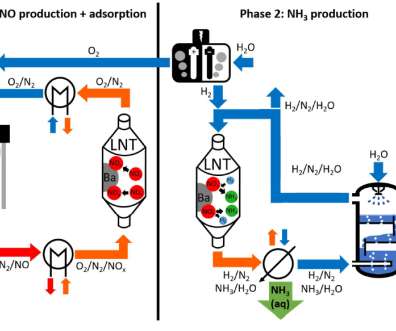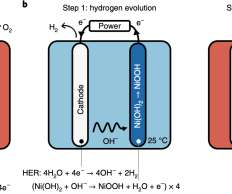EDF launches subsidiary Hynamics to produce and to market low-carbon hydrogen
Green Car Congress
APRIL 9, 2019
France-based global energy generator EDF has launched Hynamics , a new subsidiary for the Group that will be responsible for offering effective low-carbon hydrogen for industry and mobility. EDF’s ambition is to become a key player in the hydrogen sector in France and around the world.












Let's personalize your content